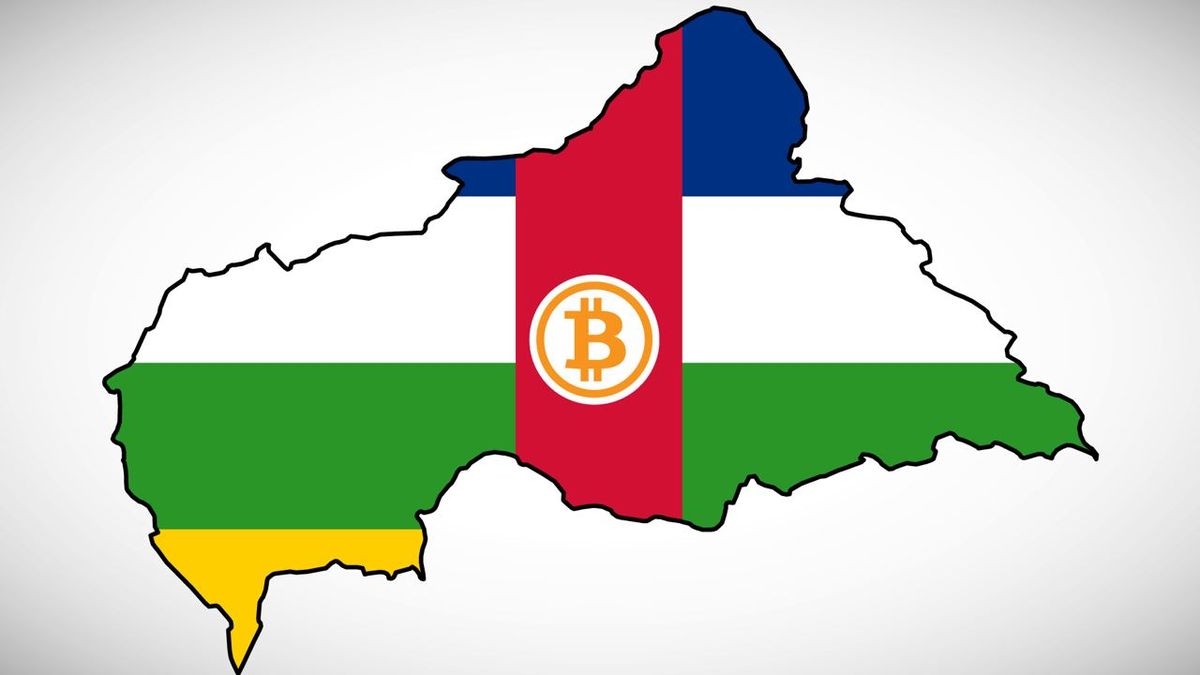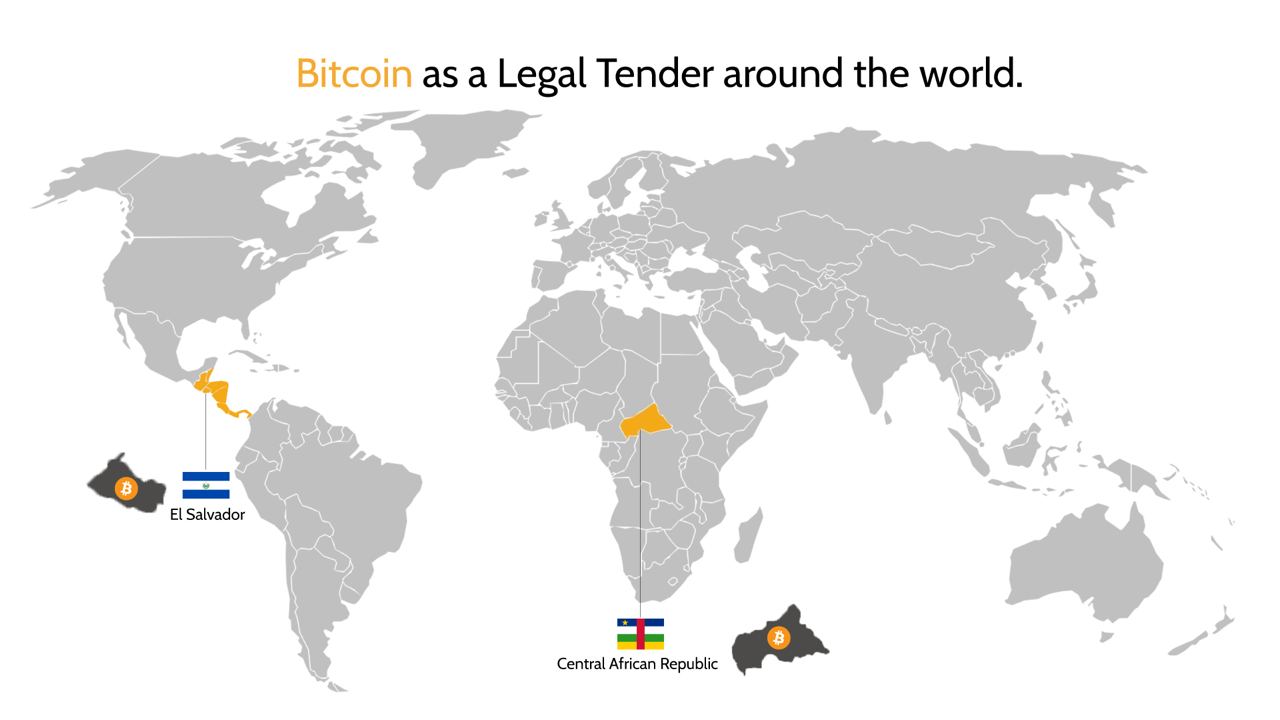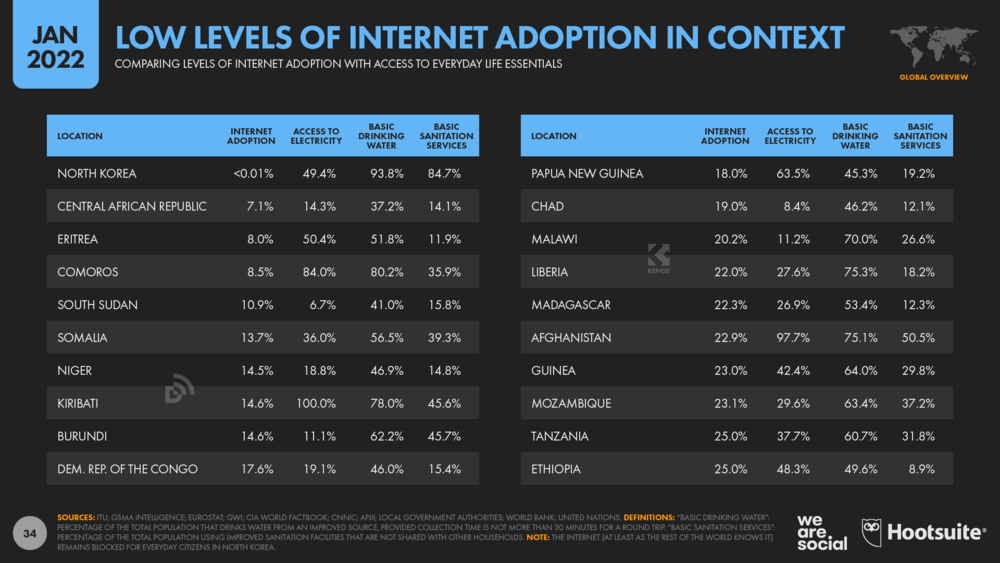After adopting Bitcoin, CAR wants to build a crypto hub
Almost a month after adopting Bitcoin as a legal tender, the Central African Republic, CAR has announced its plan to create a “crypto economic zone”.

Almost a month after adopting Bitcoin as a legal tender, the Central African Republic, CAR has announced its plan to create a “crypto economic zone” that will enable people to transact using Bitcoin and other cryptocurrencies tax-free.
“Following the unanimous adoption by the National Assembly of the bitcoin legal tender status, we are pleased to showcase the first concrete initiative! It goes beyond politics and administration, and has the potential to reshape CAR's financial system,” Faustin-Archange Touadera, the President of the Republic tweeted.
The initiative is tagged “Project Sango”, and it will attract crypto professionals and enthusiasts to work and live in the country, according to a whitepaper released by CAR. As part of plans to implement the initiative, the nation will establish a Digital National Bank.
Project Sango will also allow users to manage NFTs in the metaverse in order to unlock additional functionalities like marketplace ownership, funding and tokenization of assets.
To ensure the effective implementation of this initiative, the CAR said it will facilitate land acquisition in Bitcoin for worldwide investors and also enable access to the country's natural resources. Meanwhile, the whitepaper did not indicate when the investment hub would be open or how it would operate.
However, it stated the nation's ambition to complete the Central African Backbone (CAB) internet interconnection and also become the first African country to create a dedicated legal framework for cryptocurrencies before the end of 2022.
The proposed legal framework will focus on an e-residency program, citizenship by investment, online business registration, zero income and corporate tax, digital identity and ownership, crowdfunding and a tokenization framework and the creation of a Digital National Bank (as I earlier stated).

The Central African Republic and its inadequacies.
CAR's adoption of Bitcoin as legal tender attracted several criticisms and warnings from various analysts and the International Monetary Fund, IMF.
Per Bloomberg, IMF has said that the Central African Republic’s adoption of Bitcoin as legal tender poses several issues for the country and the region.
“The adoption of Bitcoin as legal tender in CAR raises major legal, transparency, and economic policy challenges. IMF staff are assisting the regional and Central African Republic’s authorities in addressing the concerns posed by the new law.” the Fund stated.

The Central African Republic is lagging behind in the expansion of broadband Internet connections. Around 10% of all residents have access to the Internet. DataReportal describes internet penetration in the country as “stubbornly low”.
However, Kepios analysis indicates that internet users in the Central African Republic increased by 61 thousand (+20.8 percent) between 2021 and 2022.
For perspective, these user figures reveal that 4.61 million people in the Central African Republic did not use the internet at the start of 2022, meaning that 92.9 percent of the population remained offline at the beginning of the year.
Despite the concerns, the CAR said “Project Sango goes beyond politics and administration; it is a new model of economic governance and a vector for strategic alternative digital investments, presenting minimal risk, greater fluidity and adaptability, specific to the new digital era in which the world finds itself today.”






